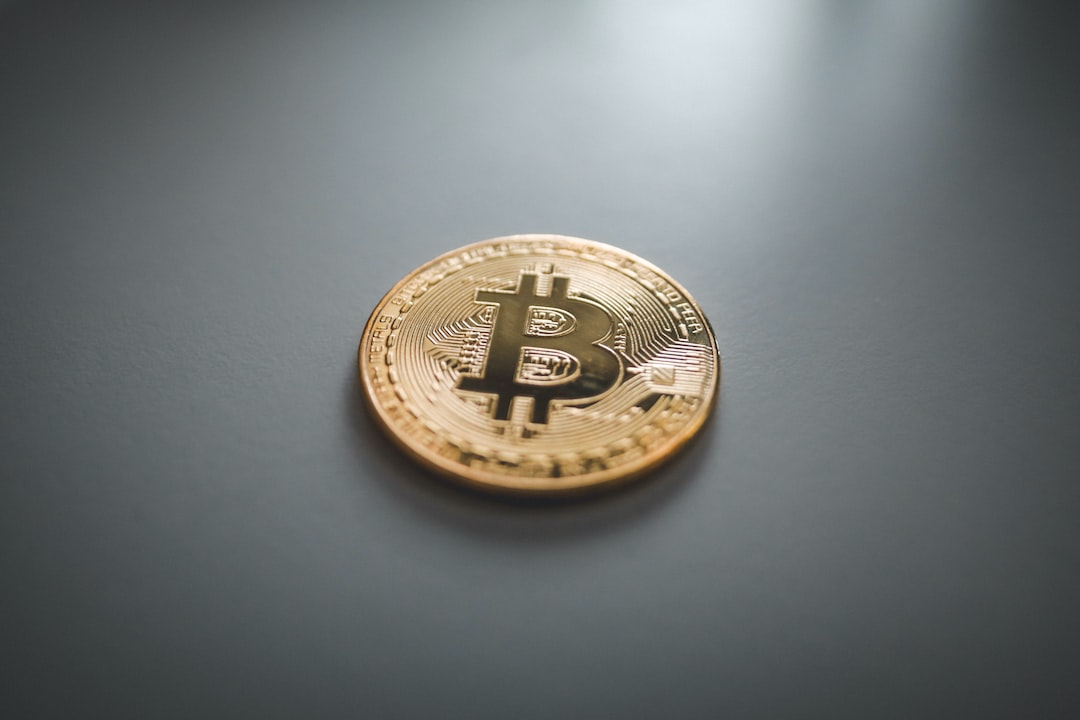Latin America’s Unique Crypto Landscape
Latin America stands out in the global cryptocurrency landscape, particularly Venezuela and Argentina, due to their specific socio-economic and political contexts. According to a report by Chainalysis, Latin America ranks seventh in the global crypto economy hierarchy, just ahead of Sub-Saharan Africa. One notable difference in the region is its preference for centralized exchanges (CEXs) over decentralized exchanges (DEXs), contrary to global trends. However, the real appeal lies in how cryptocurrency is being used as a tool against economic adversities in Argentina and as a shield against authoritarianism in Venezuela.
Argentina: Crypto as an Economic Safeguard
Argentina’s long-standing economic turmoil has led to increased adoption of cryptocurrencies as a defensive mechanism. With a devaluation of the Argentine peso reaching 51.6% up until July 2023, crypto adoption has become crucial for savings amidst strict foreign currency acquisition restrictions. Lemon Cash, an Argentina-based cryptocurrency exchange, has capitalized on this situation by offering a debit card feature that allows users to transact with crypto at local retailers. This has helped alleviate day-to-day commerce challenges caused by currency instability. The rise of Lemon Cash, combined with a strong grassroots adoption of crypto, demonstrates the asset class’s ability to mitigate economic hardships.
Venezuela: Crypto as a Pillar of Resistance
In Venezuela, the use of cryptocurrencies, particularly stablecoins, has become vital for preserving savings amidst hyperinflation rates surpassing 1 million percent. Additionally, crypto adoption in Venezuela extends to enabling remittances due to significant population exodus since 2014. An interesting aspect is how crypto is fostering resistance against authoritarianism. Venezuelan opposition leader Leopoldo López highlighted how crypto facilitated direct aid to healthcare workers during the Covid-19 crisis, bypassing government controls. This initiative benefited thousands of medical professionals and showcased the potential of cryptocurrency as a humanitarian aid conduit in the face of political repression. López also emphasized the importance of independent off-ramping processes to fully leverage crypto for broader societal change.
Hot Take: Cryptocurrency’s Role in Latin America
Latin America is carving its own path in the global crypto landscape, with Argentina and Venezuela leading the way. In Argentina, crypto serves as an economic safeguard against devaluation and foreign currency restrictions. On the other hand, in Venezuela, it acts as a pillar of resistance against authoritarianism and hyperinflation. These unique use cases demonstrate the transformative power of cryptocurrencies in addressing socio-economic challenges. As Latin America continues to embrace digital currencies, it has the potential to become a global leader in crypto adoption and innovation, creating new opportunities for individuals and societies in the region.





 By
By
 By
By
 By
By
 By
By

 By
By